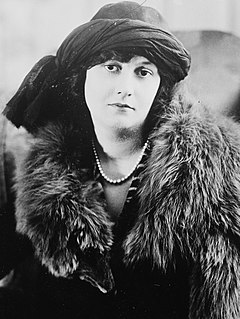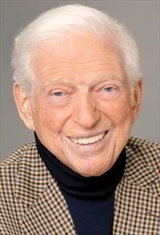A Quote by Elizabeth Bibesco
Can one end anything? A chapter, a paragraph, a sentence even? Doesn't everything one has ever done go on living in spite of subsequent events?
Related Quotes
Each story, good and bad, short or long-from that trip to the mall when you saw Santa, to a long, bad illness-they are all a line or a paragraph in our own life manuscript. Two thirds of the way through, even, and it all won't necessarily make sense, but at the end there'll be a beautiful whole, where every sentence of every chapter fits.
What is easy to read has been difficult to write. The labour of writing and rewriting, correcting and recorrecting, is the due exacted by every good book from its author, even if he knows from the beginning exactly what he wants to say. A limpid style is invariably the result of hard labour, and the easily flowing connection of sentence with sentence and paragraph with paragraph has always been won by the sweat of the brow.
Writing is like everything else: the more you do it the better you get. Don't try to perfect as you go along, just get to the end of the damn thing. Accept imperfections. Get it finished and then you can go back. If you try to polish every sentence there's a chance you'll never get past the first chapter.
I just wanted to speak to you about something from the Internal Revenue Code. It is the last sentence of section 509A of the code and it reads: 'For purposes of paragraph 3, an organization described in paragraph 2 shall be deemed to include an organization described in section 501C-4, 5, or 6, which would be described in paragraph 2 if it were an organization described in section 501C-3.' And that's just one sentence out of those fifty-seven feet of books.
Everything ends, and Everything matters. Everything matters not in spite of the end of you and all that you love, but because of it. Everything is all you’ve got…and after Everything is nothing. So you were wise to welcome Everything, the good and the bad alike, and cling to it all. Gather it in. Seek the meaning in sorrow and don’t ever turn away, not once, from here until the end. Because it is all the same, it is all unfathomable, and it is all infinitely preferable to the one dreadful alternative.
If Mother Culture were to give an account of human history using these terms, it would go something like this: ' The Leavers were chapter one of human history -- a long and uneventful chapter. Their chapter of human history ended about ten thousand years ago with the birth of agriculture in the Near East. This event marked the beginning of chapter two, the chapter of the Takers. It's true there are still Leavers living in the world, but these are anachronisms, fossils -- people living in the past, people who just don't realize that their chapter of human history is over. '
Everything you've ever read of mine is first-draft. This is one of the peculiarities of the comics field. By the time you're working on chapter three of your masterwork, chapter one is already in print. You can't go back and suddenly decide to make this character a woman, or have this one fall out of a window.
I try to get a feeling of what's going on in the story before I put it down on paper, but actually most of this breaking-in period is one long, fantastic daydream, in which I think about anything but the work at hand. I can't turn out slews of stuff each day. I wish I could. I seem to have some neurotic need to perfect each paragraph?each sentence, even?as I go along.






































